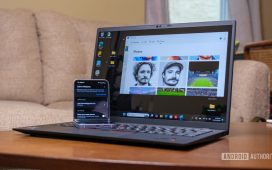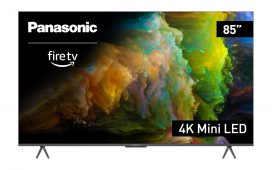Google I/O 2025 kicked off yesterday, as many of you know. The company’s keynote took place, and we’ve pushed a ton of news from it on the site. Additional sessions have been taking place since then, however, and will continue to do so today. Google’s Sergey Brin was interviewed on stage, and he talked about smart glasses, including Google Glass.
Sergey Brin, a co-founder of Google, was a rather surprising addition to an interview with Google DeepMind CEO, Demis Hassabis. The pair was interviewed by Big Technology Podcast’s Alex Kantrowitz.
Google co-founder admitted that he made a lot of mistakes with Google Glass
During the interview, Google’s co-founder said that he “made a lot of mistakes with Google Glass.” He said that he didn’t know anything about consumer electronic supply chains or how difficult it would be to make market glasses at a decent price point.
He did note that he’s a big believer in the form factor, while adding that he’s very glad that Google is focusing on them yet again. He added that this time around, Google has “great partners who are helping” the company make the product.
Google did talk about the Android XR smart glasses during the keynote. The company even demoed the product, and allowed the attendeesto try them out. Our very own Alexander Maxham was there, and he did manage to try out the glasses.
He explained the experience in the article linked above, but the bottom line is, he does see a future for these. In fact, he even said that he’d replace Meta Ray-Bans with these, if given the opportunity.
In order to make these glasses a reality, Google is working with a number of partners, including Samsung and XREAL. The company has also invested up to $150 million in a partnership with Warby Parker.
Sergey Brin said that smart glasses actually make sense now, mainly due to AI
Brin added that generative AI makes the capabilities of smart glasses much more tangible now then was the case when Google Glass was around. That is true, it makes a lot of sense. Many said that Google Glass was ahead of its time, as a product, and we agree with that.











